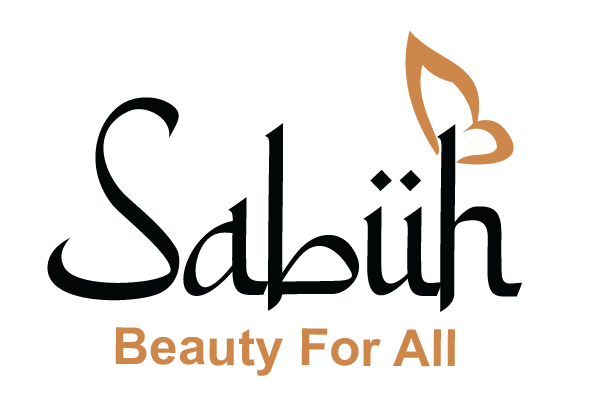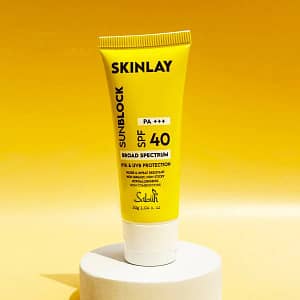Introduction
Moisturizing is crucial for keeping skin hydrated, smooth, and resilient. It prevents dryness, irritation, and premature aging by locking in moisture and protecting against environmental damage. Proper hydration maintains the skin’s barrier function, shielding against pollutants, UV radiation, and bacteria. Ingredients like hyaluronic acid, glycerin, and ceramides work to keep skin supple and healthy. Whether you have dry, oily, or sensitive skin, hydration is key to maintaining balance and radiance.
How Moisturizing Works
The skin’s outermost layer, the stratum corneum, acts as a shield against moisture loss. When hydration levels drop, this barrier weakens, leading to dryness, sensitivity, and early signs of aging. Moisturizers replenish lost water and help the skin function optimally by incorporating key hydrating ingredients.
Key Ingredients in Moisturizers
Moisturizers contain three primary types of ingredients, each with a distinct function:
1. Humectants (Hydration Boosters)
Humectants draw moisture from the environment and deeper layers of the skin to maintain hydration.
- Hyaluronic Acid: Holds up to 1,000 times its weight in water, plumping the skin and reducing fine lines.
- Glycerin: Helps retain moisture, leaving the skin soft and hydrated.
- Aloe Vera: Provides soothing hydration and anti-inflammatory benefits.
2. Emollients (Barrier Repair)
Emollients fill in gaps between skin cells, smoothing texture and reinforcing the lipid barrier.
- Ceramides: Essential for maintaining a strong and healthy skin barrier, preventing moisture loss.
- Squalane: Mimics the skin’s natural oils, providing deep hydration without clogging pores.
- Fatty Acids: Nourish and maintain skin elasticity.
3. Occlusive (Moisture Sealers)
Occlusive create a protective barrier on the skin’s surface, locking in hydration and preventing water loss.
- Shea Butter: Deeply nourishes and soothes dry skin.
- Petrolatum: Forms a moisture-sealing layer, ideal for very dry or compromised skin.
- Dimethazone: A lightweight silicone that provides a smooth, hydrated feel.
Benefits of Moisturizing
1. Prevents Dryness and Premature Aging
Hydrated skin appears plumper, reducing the visibility of wrinkles. Dehydration can make fine lines more pronounced, emphasizing signs of aging.
2. Strengthens the Skin Barrier
A healthy barrier protects against environmental damage, irritation, and pollution. When compromised, the skin becomes more susceptible to breakouts, redness, and inflammation.
3. Enhances the Effectiveness of Other Skincare Products
Moisturized skin absorbs serums, treatments, and active ingredients more effectively, maximizing their benefits.
How to Choose the Right Moisturizer for Your Skin Type
Every skin type requires hydration, but the ideal moisturizer depends on individual needs:
- Oily Skin: Opt for lightweight, oil-free gels that provide hydration without clogging pores.
- Dry Skin: Rich, nourishing creams with ceramides and shea butter help restore lost moisture.
- Combination Skin: A balanced formula with humectants and lightweight emollients works best.
- Acne-Prone Skin: Non-comedogenic, hydrating formulas help prevent excessive oil production and breakouts.
Why Moisturizing is a Daily Essential
Moisturizing is not just about preventing dryness—it plays a vital role in maintaining a youthful and resilient complexion. Proper hydration strengthens the skin, enhances glow, and reduces the risk of irritation. Whether morning or night, applying a well-formulated moisturizer ensures long-lasting skin health.
Conclusion
Hydration is the foundation of a strong and youthful complexion. A well-hydrated skin barrier protects against environmental damage, reduces signs of aging, and improves overall skin function. By choosing the right moisturizer and using it consistently, you can maintain a smooth, glowing, and healthy skin appearance.
























Netia consequatur quaerat possimus voluptatibus aperiam. Possimus sunt unde dignissimos sunt reprehenderit laboriosam in